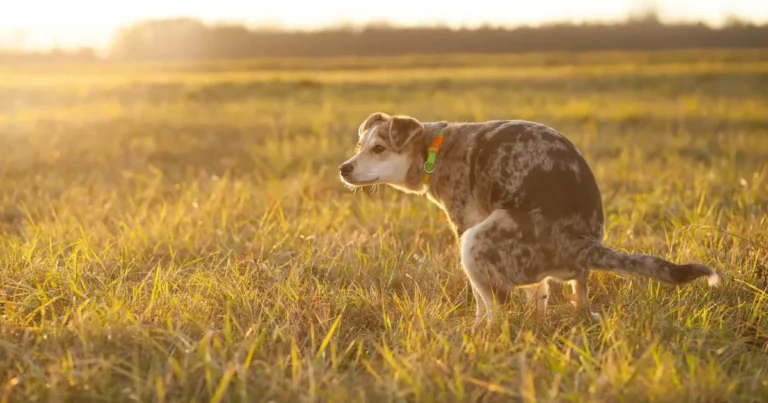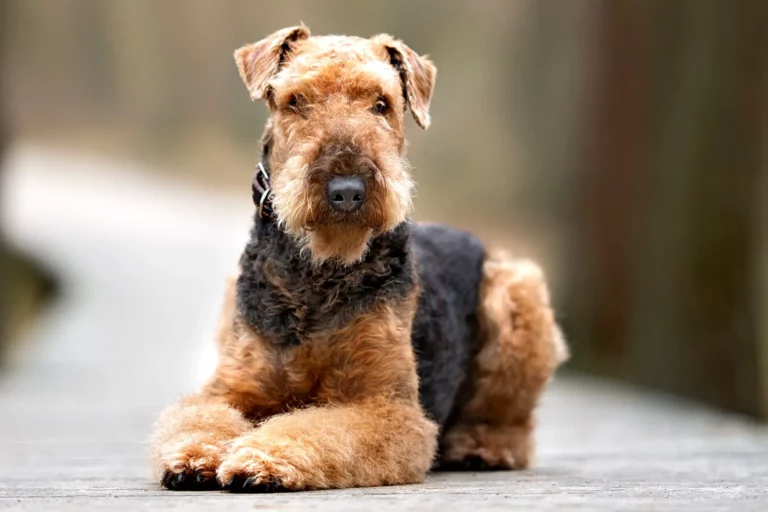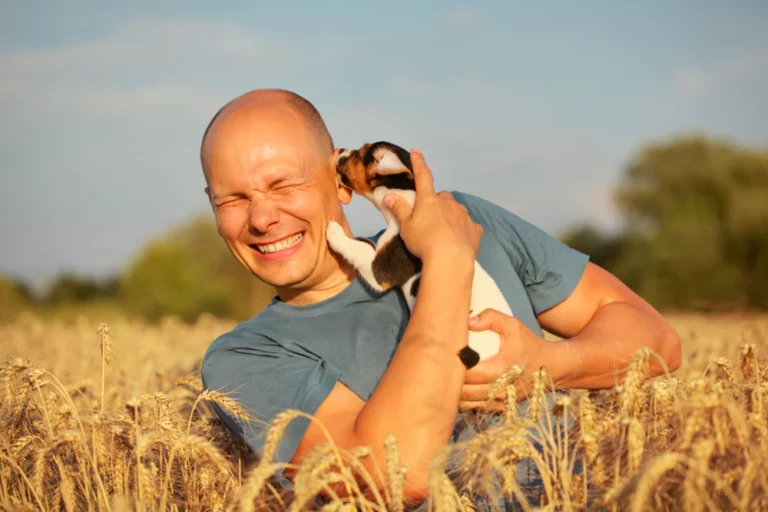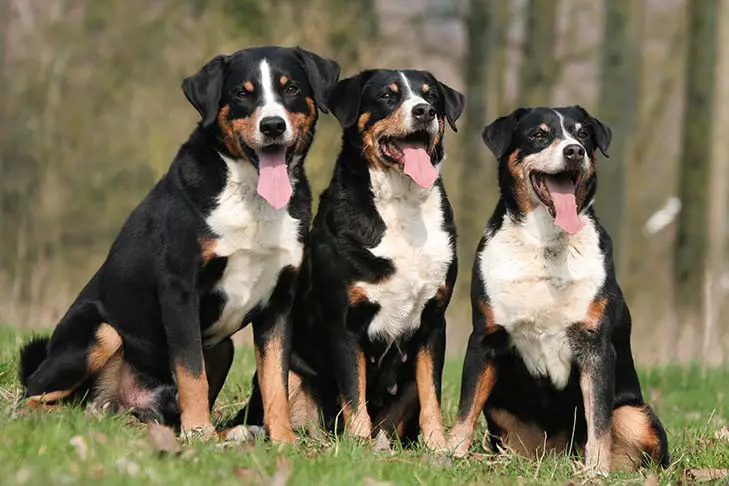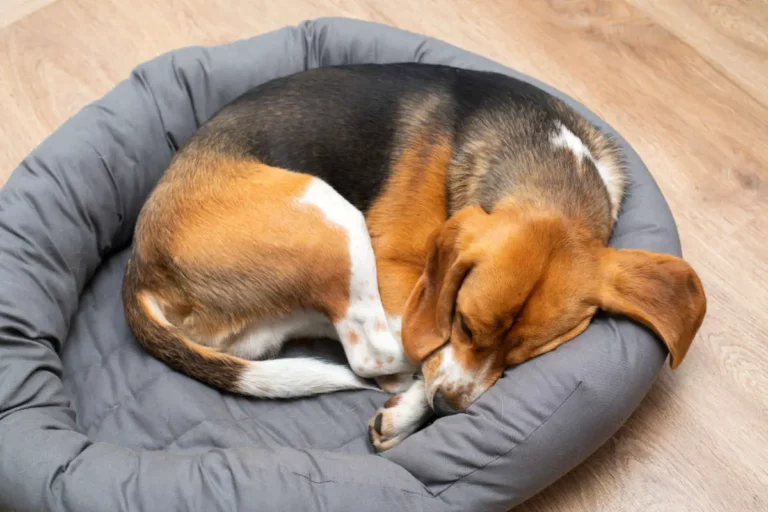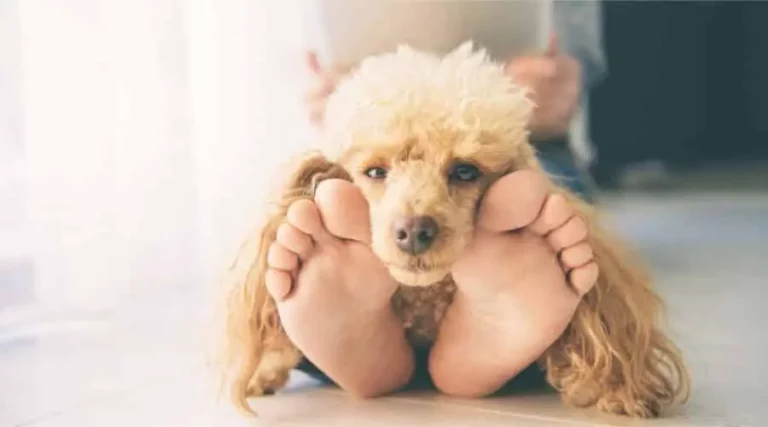Why My Dog Doesn’t Eat All His Food: Surprising Insights!
My dog doesn’t eat all his food at once – a concern many dog owners share. Like humans, dogs have their unique eating habits, preferences, and reasons for leaving food behind.
Dogs may not finish their food for a variety of reasons, ranging from health issues, dietary preferences, to environmental factors. While it’s essential to monitor any sudden changes in eating habits, occasional unfinished meals might not be a cause for concern.
While it’s natural to worry when our furry friends don’t clear their bowls, it’s essential to understand that not finishing food occasionally might be perfectly normal.
In this blog post, we’ll delve deep into the reasons behind this behavior and offer insights to help you ensure your dog’s health and well-being.
Key Takeaways:
- Dogs have varied eating habits, and occasional unfinished meals can be normal.
- Overfeeding, dental problems, and environmental factors can influence a dog’s appetite.
- Recognizing the difference between picky eating and potential health issues is crucial.
5 Reasons Why Dogs Don’t Finish Their Food
Dogs, like humans, have their unique preferences and reasons when it comes to food. While some reasons are benign, others might signal underlying health or behavioral issues.
No products found.
Let’s explore some of the most common reasons:
1) Overfeeding: Understanding Portion Sizes and Adjusting Based on Activity Level
One of the primary reasons dogs leave food behind is simply because they’re full. Dog owners often serve portions based on generic guidelines rather than their pet’s specific needs.
Factors like age, breed, weight, and activity level play a crucial role in determining the right portion size. If your dog consistently leaves food behind, consider reducing the portion or consulting with a veterinarian to establish a feeding routine tailored to your pet’s needs.
2) Dental Problems: How Dental Issues Can Affect Eating Habits
Dental problems can make eating an uncomfortable experience for dogs. Issues like gum disease, broken teeth, or oral infections can cause pain when chewing.
Regular dental check-ups can help identify and address these problems early on. If your dog suddenly becomes hesitant to eat hard food, a dental issue might be the culprit.
3) Food Quality and Preferences: The Importance of Providing Fresh and Appealing Meals
Just as we prefer fresh and tasty meals, dogs too have their preferences. Serving stale or low-quality food can lead to a lack of interest in eating. Ensure that the dog food is fresh and stored properly.
Additionally, a sudden change in diet or brand can also affect their appetite. If introducing new food, do so gradually to allow your dog to adjust.
4) Stress and Environmental Changes: How Surroundings Can Impact a Dog’s Appetite
Dogs are sensitive to their environment. Changes like moving to a new home, the presence of unfamiliar people, or loud noises can induce stress, affecting their appetite.
Ensure that your dog has a quiet and comfortable space to eat. If you notice sudden changes in eating habits coinciding with environmental changes, try to identify and mitigate the stressors.
5) Underlying Health Issues: Recognizing Signs That It’s More Than Just Picky Eating
While occasional pickiness is normal, consistent refusal to eat might indicate underlying health issues. Conditions like gastrointestinal problems, infections, or more severe ailments can lead to loss of appetite.
It’s essential to monitor your dog for other symptoms like lethargy, vomiting, or behavioral changes. If in doubt, always consult with a veterinarian to rule out potential health concerns.
Special Dietary Considerations
Every dog is unique, and so are their dietary needs and preferences. While the primary focus is often on their regular meals, there are other factors and temptations that can influence their eating habits.
Let’s delve into some of these special considerations:
No products found.
Treats vs. Regular Food: Why Dogs Might Prefer Treats Over Their Meals
Treats are often more flavorful and enticing than regular dog food. While they’re great for training and occasional rewards, excessive treats can lead to a decreased appetite for regular meals. It’s essential to strike a balance.
Treats should complement their diet, not replace it. If your dog seems to be holding out for treats, it might be time to reassess how often and how many you’re giving.
Human Food Temptations: The Risks and Benefits of Sharing Your Food
We’ve all been there – those puppy eyes begging for a bite of your dinner. While sharing occasionally might seem harmless, frequent feeding of human food can lead to nutritional imbalances and even health risks, depending on the food.
Some human foods are toxic to dogs, like chocolate and grapes. If you do share, ensure it’s dog-safe and only in moderation.
Hydration Concerns: When a Dog Drinks Water But Avoids Food
Drinking water while avoiding food can be a sign of various issues, from simple pickiness to potential health concerns. While hydration is crucial, a dog that drinks excessively but doesn’t eat might be experiencing nausea, dental problems, or other ailments.
Always ensure fresh water is available, but if the avoidance of food persists, it’s worth consulting with a vet.
Signs of Serious Health Concerns: Recognizing When It’s More Than Just an Off Day
Dogs have off days, just like humans. However, consistent changes in appetite, especially when accompanied by other symptoms like lethargy, vomiting, or behavioral changes, can be indicative of health issues.
Conditions ranging from gastrointestinal problems to more severe diseases can impact appetite. Regular vet check-ups and being attuned to your dog’s behavior can help catch and address potential problems early.
Addressing Common Concerns
As dog owners, it’s natural to be concerned about our pets’ well-being, especially when it comes to their dietary habits. While some behaviors are benign, others might signal deeper issues.
Let’s address some of the most common concerns dog owners face:
When to Worry About Your Dog Not Eating: Understanding the Difference Between Occasional Pickiness and Potential Health Issues
Every dog can have an off day where they’re not in the mood for their regular meal. However, if your dog consistently avoids food or shows a sudden change in appetite, it’s a cause for concern.
Occasional pickiness can be attributed to various benign reasons, from a change in environment to simply not liking a new food brand. However, prolonged refusal to eat, especially when accompanied by other symptoms like lethargy or vomiting, warrants a visit to the vet.
The Risks of Overfeeding: How Giving Too Much Food Can Lead to Health Problems and Waste
Overfeeding is a common mistake many dog owners make. While it might seem like a sign of affection, it can lead to various health issues, from obesity to digestive problems.
Overfeeding not only impacts your dog’s health but also results in wasted food. It’s essential to understand your dog’s specific dietary needs, which can vary based on age, breed, and activity level. Regular vet consultations can help determine the right portion sizes for your pet.
Creating a Consistent Feeding Schedule: The Benefits of Regular Meal Times and Portion Control
Consistency is key when it comes to feeding your dog. Establishing a regular feeding schedule helps regulate their appetite and ensures they get the right amount of nutrients daily.
Dogs thrive on routine, and knowing when to expect their meals can reduce anxiety and picky eating behaviors. Additionally, consistent meal times paired with portion control can prevent overfeeding and ensure your dog maintains a healthy weight.
Frequently Asked Questions
Should dogs eat all their food at once?
No, dogs have varied eating habits, and it’s okay if they don’t finish every meal. Just like humans, dogs might not always feel hungry or might be satisfied before finishing their entire portion.
Why is my dog only eating part of his food?
This can be due to overfeeding, food preferences, or potential health issues. If your dog consistently leaves food behind, it might be worth evaluating the portion sizes or checking if there’s a sudden dislike to a particular food brand. However, if this behavior is accompanied by other symptoms, it’s essential to consult with a veterinarian.
Is it okay if a dog doesn’t finish food?
Yes, but monitor for any other signs of health concerns or changes in behavior. Occasional unfinished meals can be normal, but if it becomes a consistent pattern, it might indicate underlying issues or changes in dietary preferences.
Why does my dog eat a little then walk away?
This can be a sign of pickiness, distraction, or a potential health issue. Some dogs might take breaks between their meals, especially if they’re in a new environment or there are distractions around. However, if this behavior is out of the ordinary for your dog, it’s worth observing them for any other changes or symptoms.
Conclusion
Understanding our dogs’ eating habits is crucial for their well-being. While my dog doesn’t eat all his food at once might initially raise concerns, it’s essential to recognize that dogs, like humans, have their unique dietary preferences and reasons.
By being observant, consulting with veterinarians, and ensuring a balanced diet, we can ensure our furry friends lead healthy, happy lives. Remember, every dog is unique, and what works for one might not work for another. Stay informed, be patient, and always prioritize your dog’s health and comfort.


